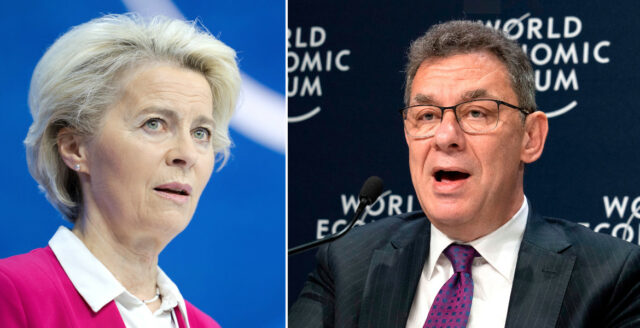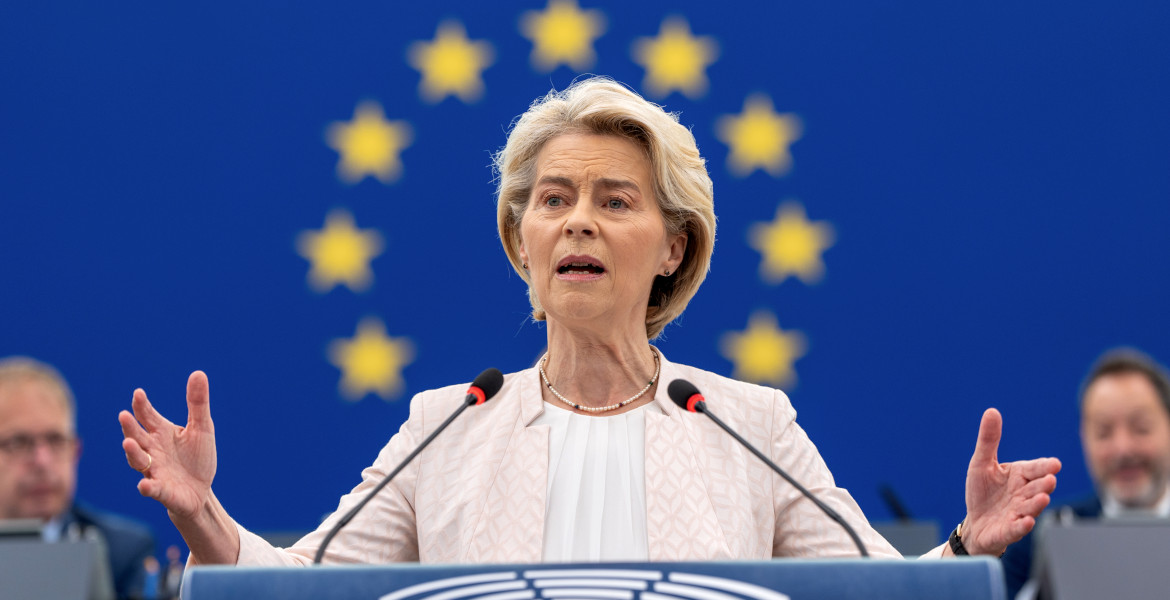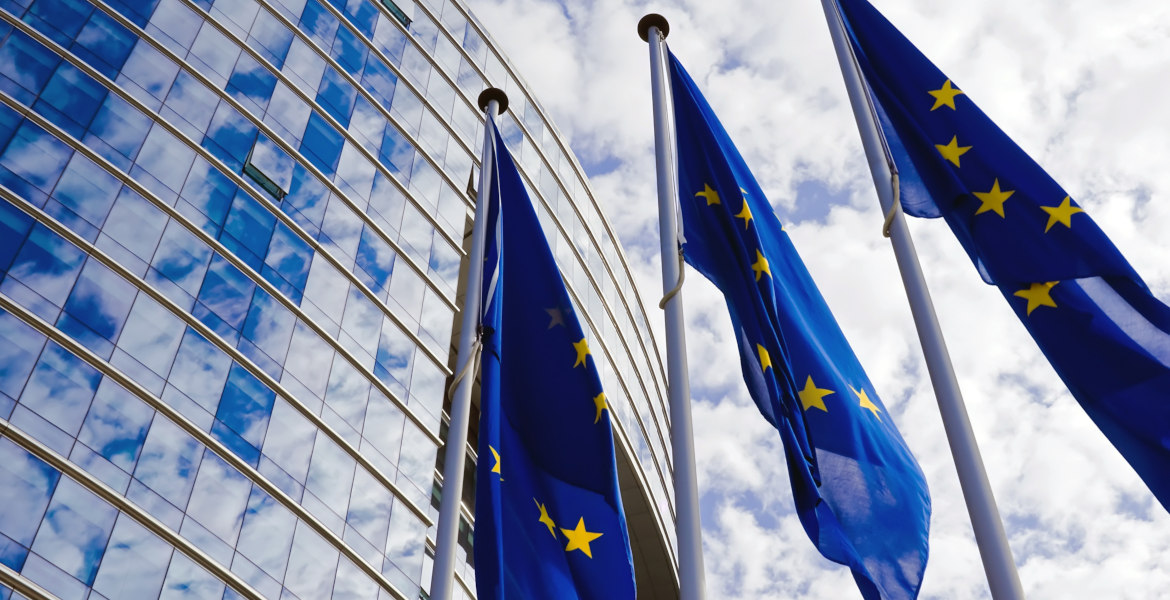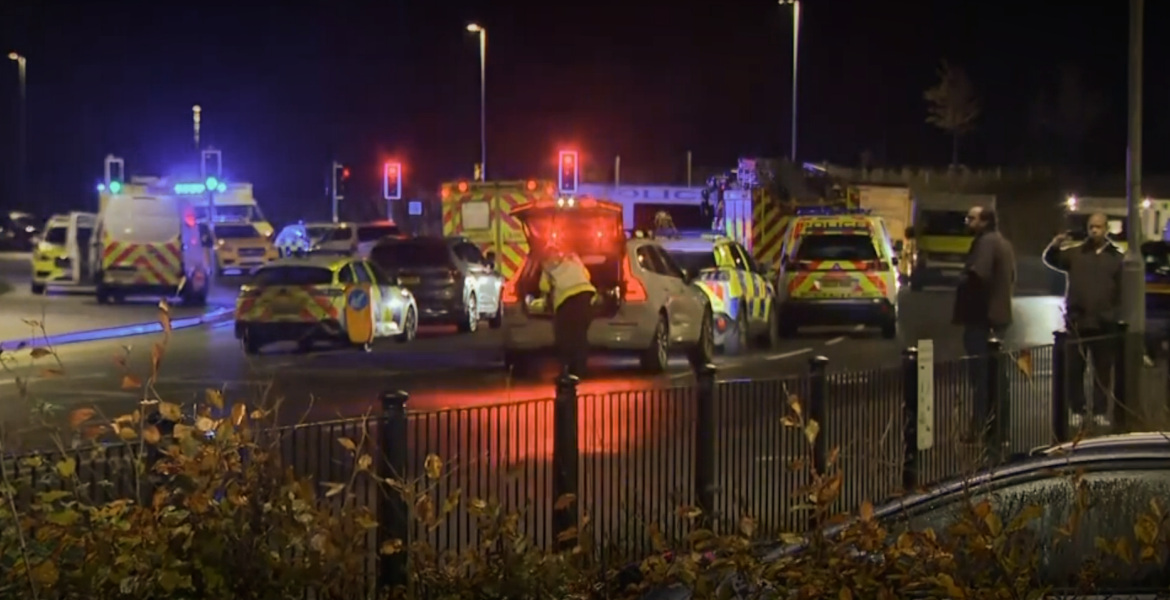European Commission President Ursula von der Leyen now faces a potential no-confidence vote following the so-called "Pfizergate" scandal.
The initiative comes from right-wing members of the European Parliament but has also gained support from certain social democratic and liberal party groups, who criticize the lack of transparency in the Commission's work.
The background is a court decision from May this year, where the European Court of Justice ruled that the Commission wrongfully refused to release text messages between von der Leyen and Pfizer CEO Albert Bourla regarding vaccine procurement during the COVID-19 pandemic.
– These contracts were totally unprecedented in a totally unprecedented context, said an EU official before the ruling.
The court found that the Commission's claim that the messages had "disappeared" was not sufficiently substantiated, which violates EU administrative statutes on transparency and oversight.
The no-confidence motion was initiated by Romanian MEP Gheorghe Piperea, who has secured over 72 signatures – enough to force a vote in parliament.
Ursula von der Leyen faces no confidence vote over Pfizergate https://t.co/4ilcytCK2k
— Financial Times (@FT) June 26, 2025
Two-thirds majority required
Dismissing the entire Commission requires a two-thirds majority, which is currently considered unlikely. Despite this, the no-confidence vote is expected to create political repercussions.
Von der Leyen may, for instance, be forced to make concessions to Parliament in light of the situation. Particularly regarding issues of transparency, document management, and openness in decision-making.

The scandal has also highlighted a broader debate about how EU leadership handles documentation and accountability. Many argue that digital communications – such as text messages and chat messages – must be included in public records when concerning decisions of major public interest.
The vote on the no-confidence motion is preliminarily planned for the coming months. No official date has been set yet, but expectations are that the vote will take place shortly after sufficient members have backed the initiative.
According to current EU legal procedures, the European Commission normally has two months to appeal the European Court of Justice's decision from when the ruling was issued. This gives the Commission an opportunity to formally challenge the court's assessment before any further actions are taken.
Even if Ursula von der Leyen survives the vote, it will likely leave lingering concerns about the Commission's transparency and her ability to pursue her policies without internal resistance.
What does a motion of no confidence against the European Commission mean?
- A motion of no confidence is directed at the entire European Commission, not just the President.
- If the European Parliament approves the motion, the entire Commission must resign collectively.
- To dismiss the Commission, a two-thirds majority of Members of the European Parliament is required.
- A motion of no confidence is rare and is considered a serious political expression of lack of confidence.
- Even if a motion of no confidence does not lead to resignation, it can weaken the Commission's leadership and force political concessions, particularly on issues of transparency and accountability.




